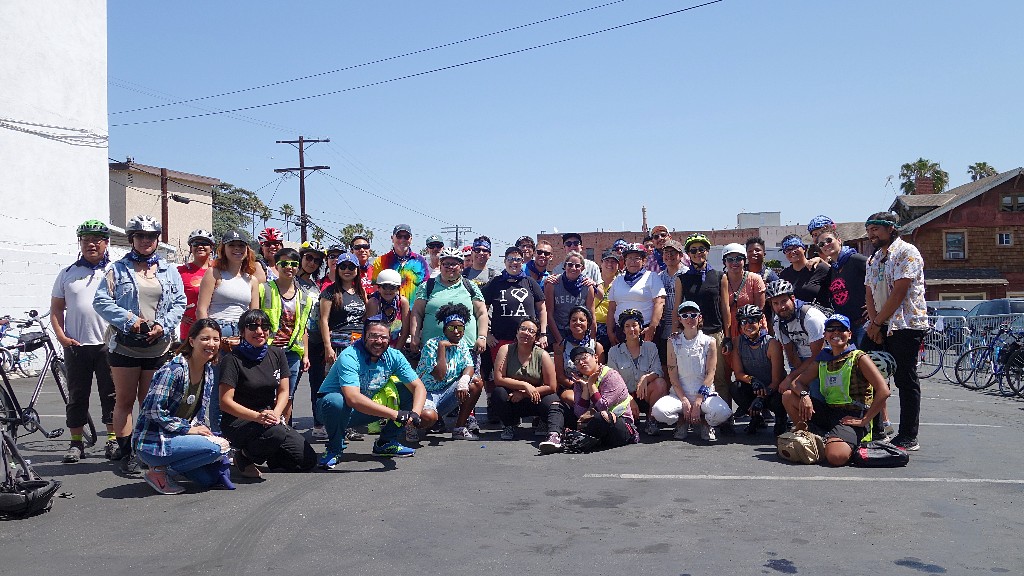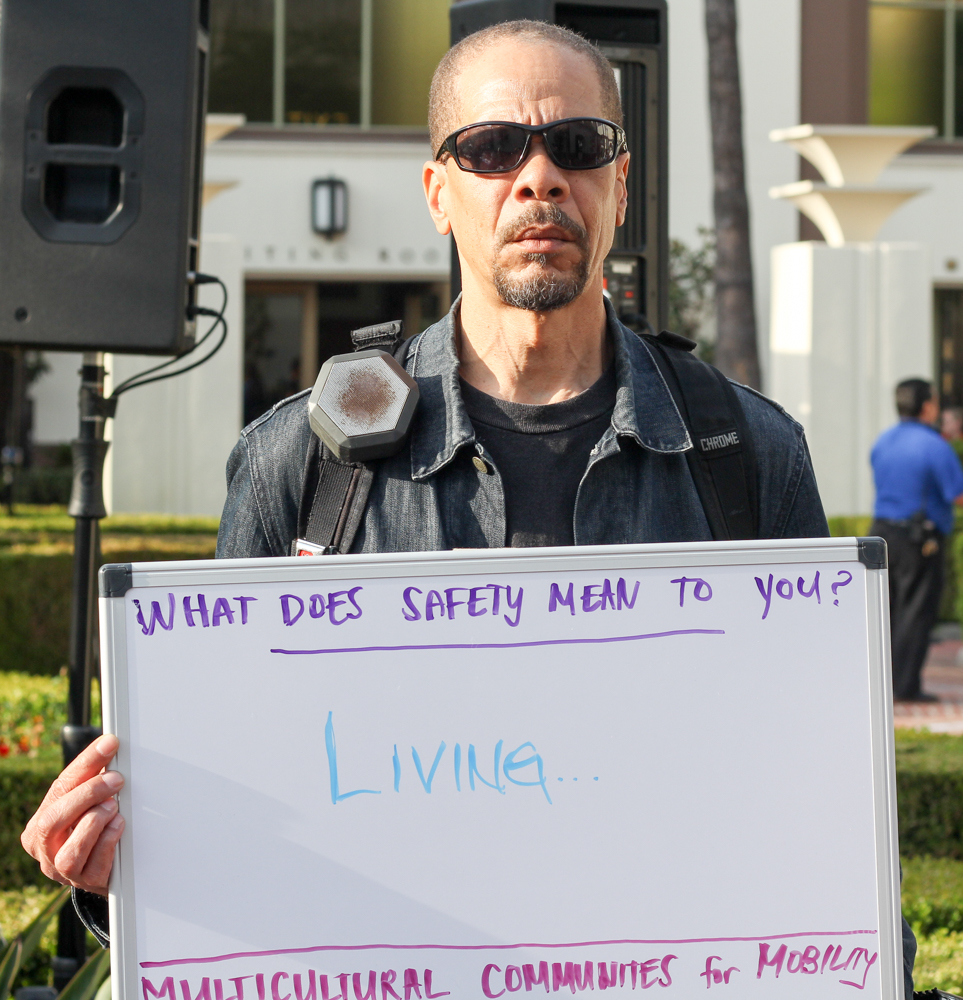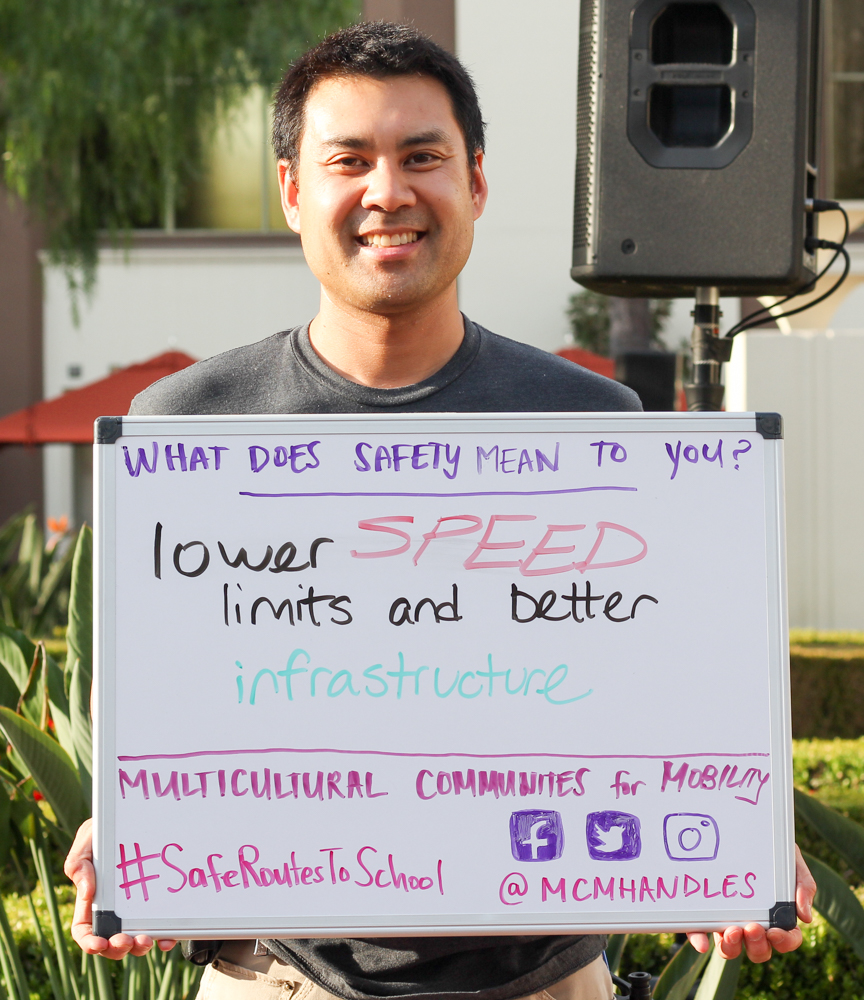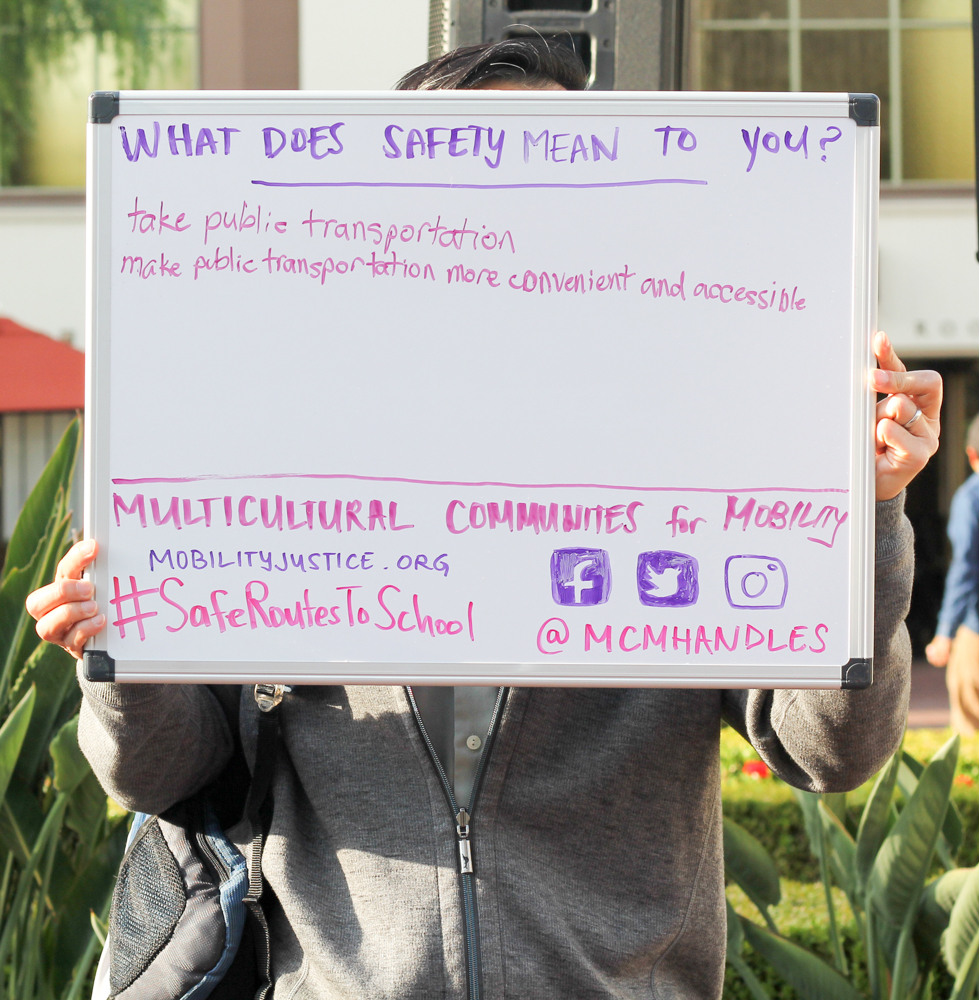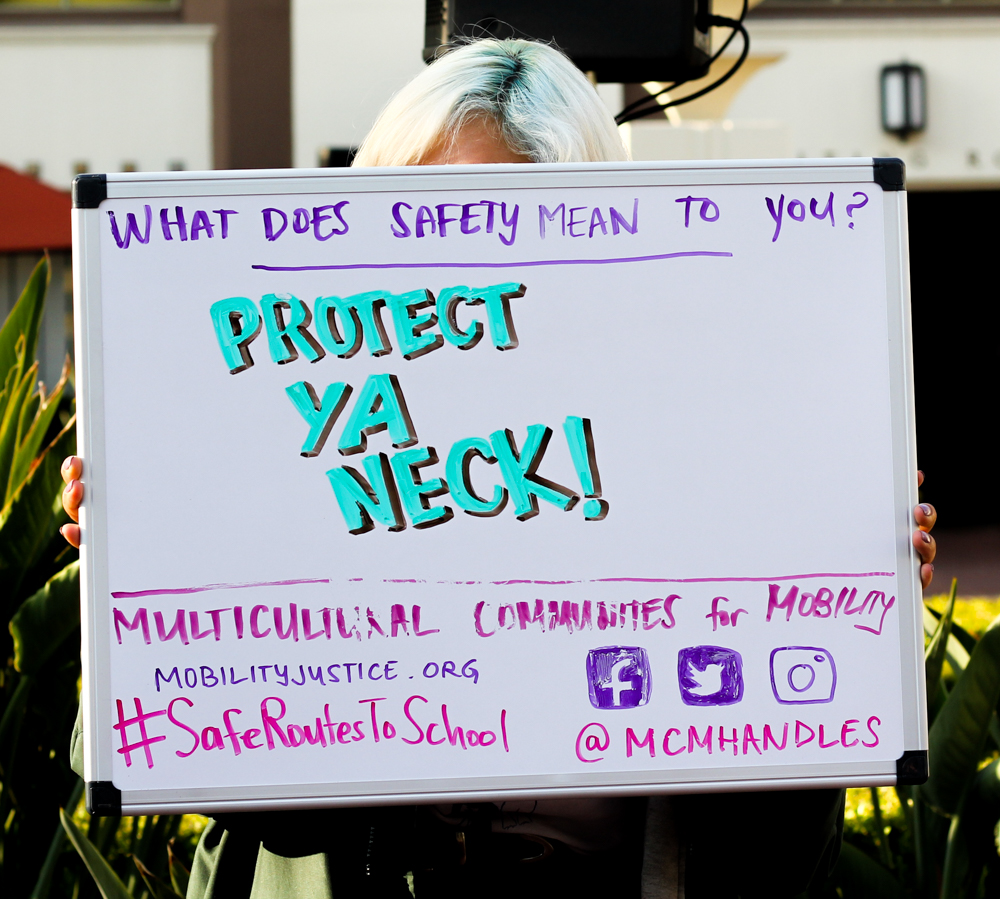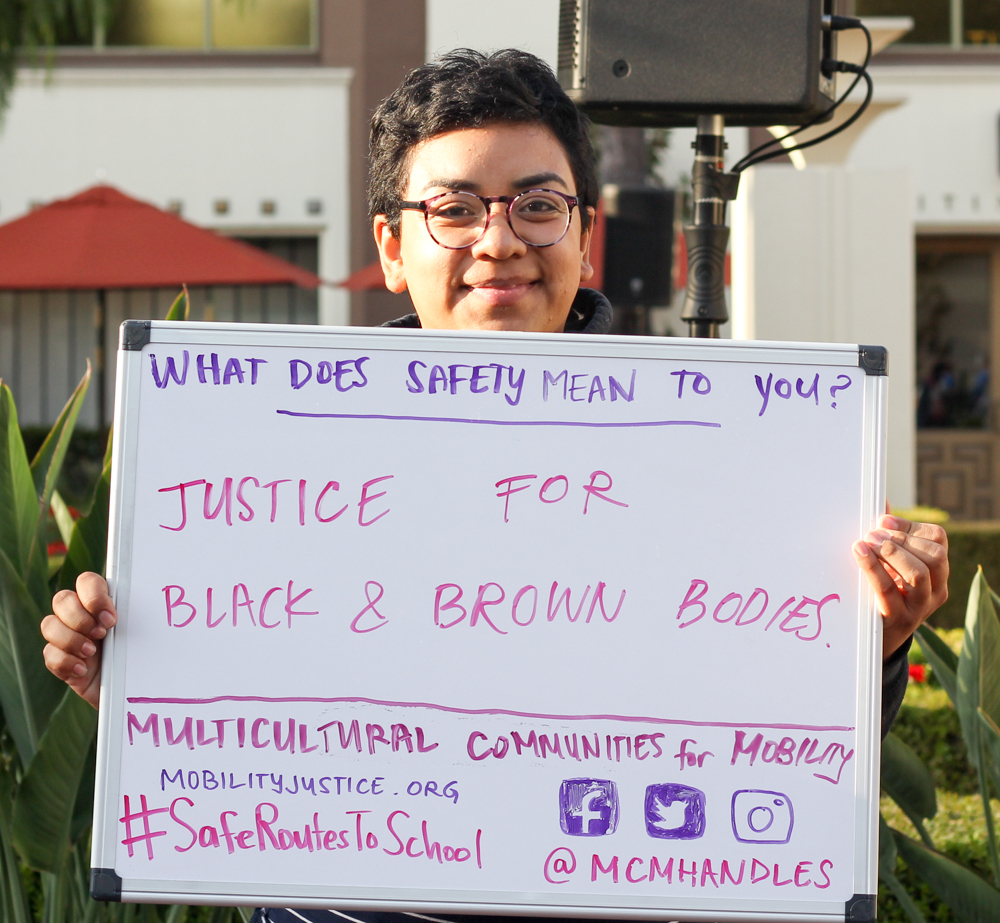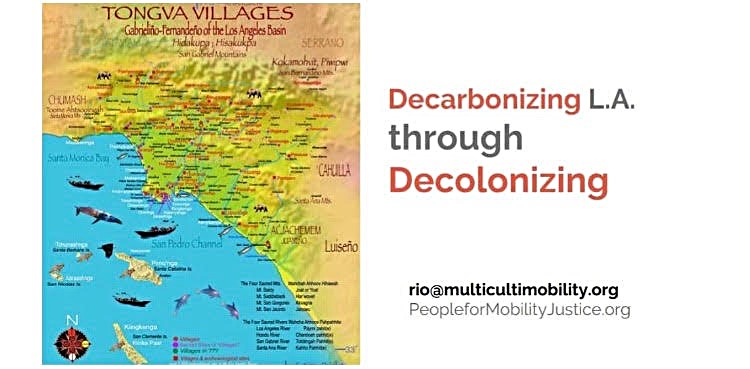This summer, we are launching our new Hood Planners Certification Program, and we are calling for All Hands On Deck to help us raise funds!
The Deck
With support from the California Bicycle Coalition, we created a deck of mobility justice playing cards (#mobilityjusticedeck), a popular education tool that shares important milestones for mobility (in)justice from the 1840s to the present. The deck was developed by a talented team of researchers, artists, graphic designers, and writers, including Chynna Monforte, Hector Benavides, Grace Lynne, and PMJ staff. With ongoing expansion packs, the deck will allow us to continue cataloguing the history of the mobility justice movement taking shape today.
The Hood Planners Certification Program
Too often, transportation agencies turn to planning consultants when trying to address equity concerns. PMJ is clear that community members are the real experts, their depth of knowledge and lived experiences should be valued and paid fairly, and they should be the ones consulted to share their vision for what lasting, community-oriented, and inclusive solutions look like. That’s why we are creating the Hood Planners Certification Program, a combination online and in-person course geared towards community-based activists.
The curriculum will be delivered through three modules over six weeks and will engage youth (Young-Stars) and elders (Super-Stars). Structuring the modules are PMJ’s 5 Ds of street safety - Decolonize, Decriminalize, Decongest, Dignify, Determination (learn more here). Each module will be led by a different peer leader as the cohort takes a look at the history of mobility (in)justice in communities of color and an overview of the current cultural and political landscape.
Our program is grounded in our values, which is why we pay community members a stipend to be certified and connected to employment opportunities in the transportation, planning, and advocacy sectors. In the spirit of equity, this course will also be available to professionals and government staff for a fee. This powerful design creates sustainability and a cohort that is intergenerational, multidisciplinary, and from varying economic backgrounds. The first online course is set to be released in late summer and early fall 2019.
Help us meet our fundraising goal of $30,000 to develop the curriculum and offer stipends to 30 youth and elders to become certified Hood Planners by 2020!
Your contributions will go directly toward developing a radical educational curriculum that uplifts youth and elders to become advocates for their own communities, have their community expertise valued, and get certified in the process.
Hood Planners & Staying Alive
The Hood Planners Certification Program is being piloted through PMJ’s partnership with Ride On! Bike Shop & Co-Op in Leimert Park. With support from the 11th Hour Project’s Just Transit Challenge, we are co-creating Staying Alive Leimert, a two-year effort to identify and address various cultural, political, and economic factors keeping communities of color dependent on fossil fuels. The first cohort of Hood Planners will gather surveys from community members that we will use to define a local definition of mobility justice and authentic street safety.
Our work on Staying Alive Leimert will in turn shape a broader Staying Alive Street Safety Platform to be launched in early 2020. We know that our most vulnerable community members face higher rates of traffic fatalities, displacement, intercommunity violence and state-sanctioned violence, such as imprisonment, deportation and death. Yet conventional approaches to “street safety” in transportation and mobility, such as Vision Zero, focus only on reducing vehicular violence. After years of engaging with this model and learning from community safety, Indigenous sovereignty, and economic justice, we believe that a robust street safety platform must be designed by community members in order to address their most pressing concerns.
The Mobility Justice Deck grew from a seed grant provided by the California Bicycle Coalition. Many thanks to Dave, Jared, and the rest of the CalBike team for your support!






